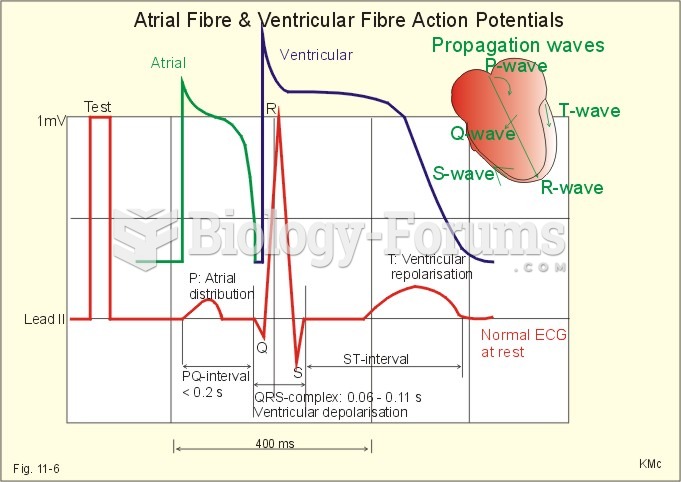|
|
|
The people with the highest levels of LDL are Mexican American males and non-Hispanic black females.
The National Institutes of Health have supported research into acupuncture. This has shown that acupuncture significantly reduced pain associated with osteoarthritis of the knee, when used as a complement to conventional therapies.
There used to be a metric calendar, as well as metric clocks. The metric calendar, or "French Republican Calendar" divided the year into 12 months, but each month was divided into three 10-day weeks. Each day had 10 decimal hours. Each hour had 100 decimal minutes. Due to lack of popularity, the metric clocks and calendars were ended in 1795, three years after they had been first marketed.
By definition, when a medication is administered intravenously, its bioavailability is 100%.
It is important to read food labels and choose foods with low cholesterol and saturated trans fat. You should limit saturated fat to no higher than 6% of daily calories.
 For ice massage, ice is frozen in a cylindrical container or a paper cup (A). The top half of the cu
For ice massage, ice is frozen in a cylindrical container or a paper cup (A). The top half of the cu
 Tumor marker analysis of a patient with no evidence of disease monitored for tumor recurrence. The ...
Tumor marker analysis of a patient with no evidence of disease monitored for tumor recurrence. The ...





